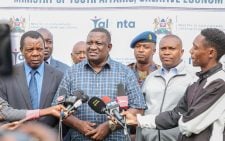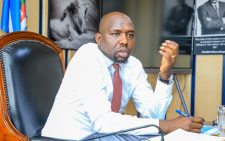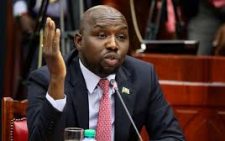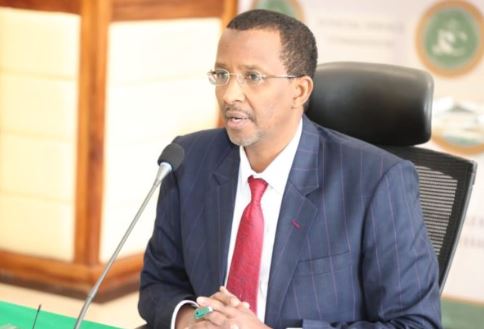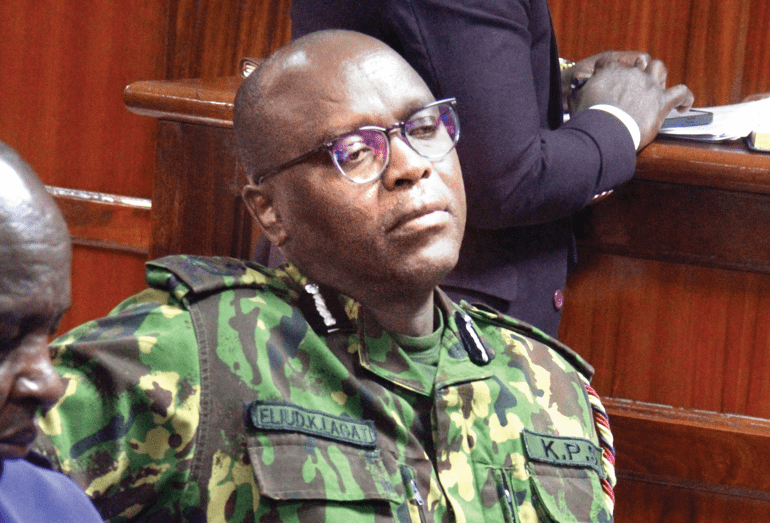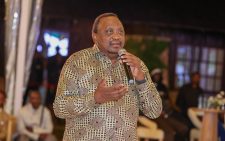Court approves transfer of genocide suspect Kabuga
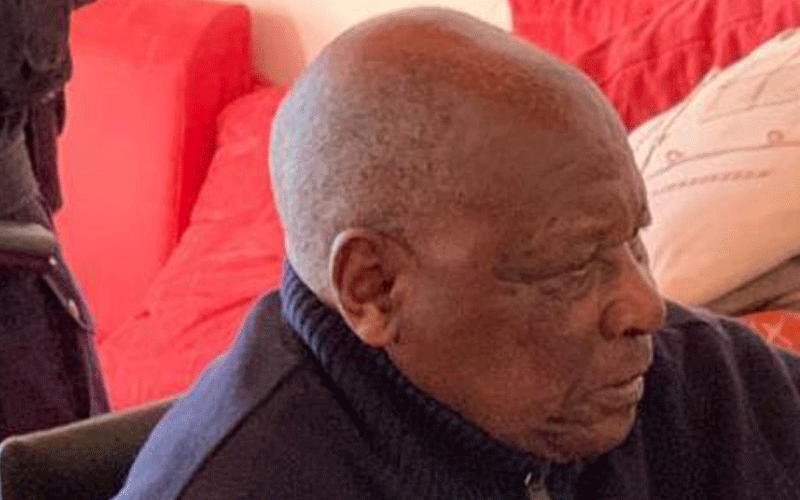
Derek Otieno and Agencies
High-level Rwandan genocide suspect Felicien Kabuga can be handed over to a United Nations tribunal for trial, a top French court ruled on Wednesday.
Kabuga is suspected of playing a major role in the 1994 Rwandan genocide, in which hundreds of thousands of Tutsi Rwandans were murdered by a Hutu uprising.
Prosecutors accuse him of chairing a radio station that helped orchestrate the genocide, as well as working to create and fund a genocidal militia in the capital, Kigali.
He was a wealthy businessman at the time. He had evaded justice for 25 years; however, his arrest in Paris in May ended a manhunt lasting more than two decades.
The Court of Cassation in Paris upheld an order from a lower court to send him to a UN tribunal on charges including genocide, persecution and extermination.
He will now stand trial at the Mechanism for International Criminal Tribunals (MICT) based in Arusha, Tanzania.
The MICT took charge of prosecuting Rwandan genocide suspects after the UN’s International Criminal Tribunal for Rwanda (ICTR) formally closed in 2015.
His lawyers had argued that he should not be extradited due to his frail health and claimed that the UN tribunal would be biased.
UN prosecutors accuse the former tea and coffee tycoon of bankrolling and importing huge numbers of machetes for ethnic Hutu militias who killed about one million Tutsis and moderate Hutus in Rwanda during a 100-day genocide period in 1994.
Kabuga has denounced the charges, including genocide and incitement to commit genocide, as “lies”.
In a statement, France’s Cour de Cassation said it “considers that the investigating chamber was able to consider correctly that there was no legal or medical obstacle to the execution of the arrest warrant transfer order to the UN detention centre in Arusha, Tanzania.”
Who is Kabuga?
He was born in 1935 in northern Rwanda’s Byumba prefecture, now called the Gicumbi district, bordering Uganda.
He rose from humble origins to become one of Rwanda’s richest men, before allegedly using his wealth to sponsor the 1994 genocide.
According to accounts of locals, Kabuga peddled items door to door and sold cigarettes and used clothes in a market in Byumba prefecture.
He later moved to Kigali where he opened several shops. Kabuga owned a tea plantation, a mill, and real estate business, locals say.
In 1993, as a rich businessman, he made connections with former President Juvenal Habyarimana’s family, after marrying off his daughter to his eldest son.
Role in genocide
He played a role in establishing the notorious hate Radio-Television Libre des Mille Collines (RTLM), which incited people to kill Tutsi population, Tom Ndahiro, a Rwanda-based genocide researcher told Anadolu Agency.
He also served as president of RTLM thereby being able to control its programing, operations and finances, he said.
Kabuga financed the import of tons of machetes, which were distributed to militias across the country and used to hack many genocide victims to death.
He also helped establish the National Defense Fund, where he together, with other businessmen, contributed money that was used to provide support to the interim government and encourage interahamwe militia, according to the researcher.


